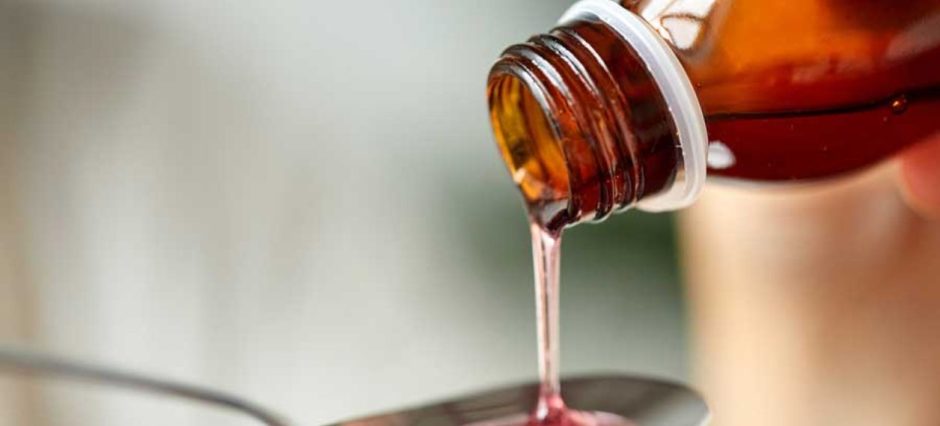The World Health Organization (WHO) has urged India to take stronger measures to halt the sale and export of toxic cough syrups, warning that despite some progress, significant gaps remain in ensuring medicine safety.
A WHO official told Reuters that while Indian authorities have tightened controls and increased inspections following recent incidents, more needs to be done to prevent unsafe pharmaceuticals from reaching the market. The statement comes after at least 24 children died from consuming a domestically-produced cough syrup contaminated with toxic substances.
India, one of the world’s largest drug manufacturers, has faced international scrutiny since several cases of contaminated cough syrups were reported in Asia and Africa over the past two years. The incidents have raised questions about the country’s pharmaceutical oversight, particularly concerning small-scale manufacturers and export practices.
“India has taken steps in recent months to strengthen quality control, but these efforts need to be sustained and expanded,” the WHO representative said. “Ensuring the safety of all medicinal products is a continuous process that requires rigorous monitoring and enforcement.”
The Indian government has reportedly suspended the licenses of multiple pharmaceutical firms and introduced stricter testing requirements for both domestic and exported medicines. However, experts argue that inconsistent implementation across states continues to pose challenges.
Public health advocates are calling for a comprehensive reform of India’s drug regulatory system to enhance transparency, improve manufacturing standards, and prevent future tragedies. They stress the importance of cooperation between global health agencies and national regulators to ensure accountability.
The WHO continues to collaborate with Indian authorities to monitor compliance and share best practices for pharmaceutical safety. The organization has also issued global alerts urging countries to remain vigilant about imported medicines.
Meanwhile, environmental and health challenges remain a growing concern across the region. In a related report, Delhi was ranked as the world’s most polluted city, followed by Lahore in second place, according to recent air quality data. Both issues underscore the urgent need for stronger public health and environmental governance across South Asia .
As investigations into the toxic cough syrup tragedy continue, WHO officials have reaffirmed their commitment to supporting India in strengthening its regulatory framework and ensuring that such incidents never recur.











